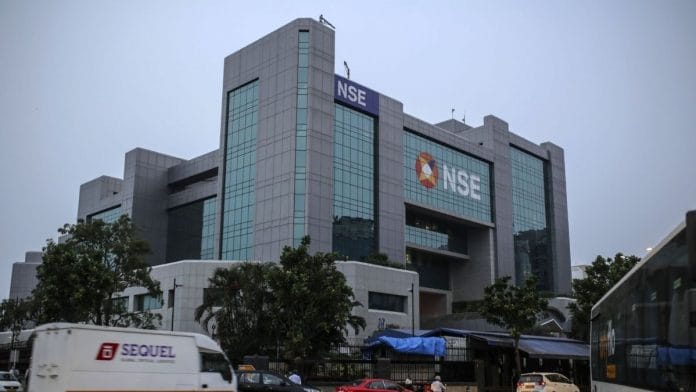Mumbai: Investors pulling out of China due to the recent regulatory crackdown may overlook India, where stocks are looking pricey after their climb to successive records, according to UBS Group AG.
“The perception of risks in China has gone up and may lead investors to take out money and deploy it into other emerging markets,” Sunil Tirumalai, head of India strategy, said in an interview. “However, given the expensive valuations for India, this money may flow into other markets.”
While the rest of the world gasped at a series of blow-ups in Chinese equities in recent weeks, India’s $3.1 trillion stock market extended what’s already one of the best rallies since the March 2020 pandemic lows. With earnings sputtering and global funds turning net sellers of Indian shares, that trend is starting to look vulnerable.
UBS predicts the NSE Nifty 50 Index will fall to 15,500 by the end of June 2022, down almost 5% from Friday’s close. The key gauge last week rose above 16,000 for the first time, shaking off a historic economic contraction in the wake of last year’s nationwide lockdown and also the impact of the deadlier virus wave that hit in April this year.
That said, latest quarterly results have disappointed. Of the Nifty companies that have reported so far, profits for about 58% have missed analyst estimates. Meanwhile, the surge in share prices has the Nifty trading at 21.3 times estimated 12-month earnings, much higher than its five-year average of 18 times. The MSCI Emerging Markets Index is trading at a multiple of 13 times.
“With the possibility of a third wave and the markets at a much higher level now, the room for worry is so much more,” Tirumalai said.
Further, UBS sees risks of cuts to analysts’ Indian earnings targets in every sector.
“Earnings consensus for the last 10-12 years has always been overestimated by 20% at the start of the fiscal year and is then gradually scaled down as the year progresses,” Tirumalai said.
Foreign investors pulled $1.7 billion from local shares in July, the biggest withdrawal since March 2020, paring their net purchases for the year.
The expected wind-down of the Federal Reserve’s easy-money policy from around September may curb any further global inflow for now, he said.—Bloomberg
Also read: Xi is strangling China’s booming online tuition business. National security is one reason






